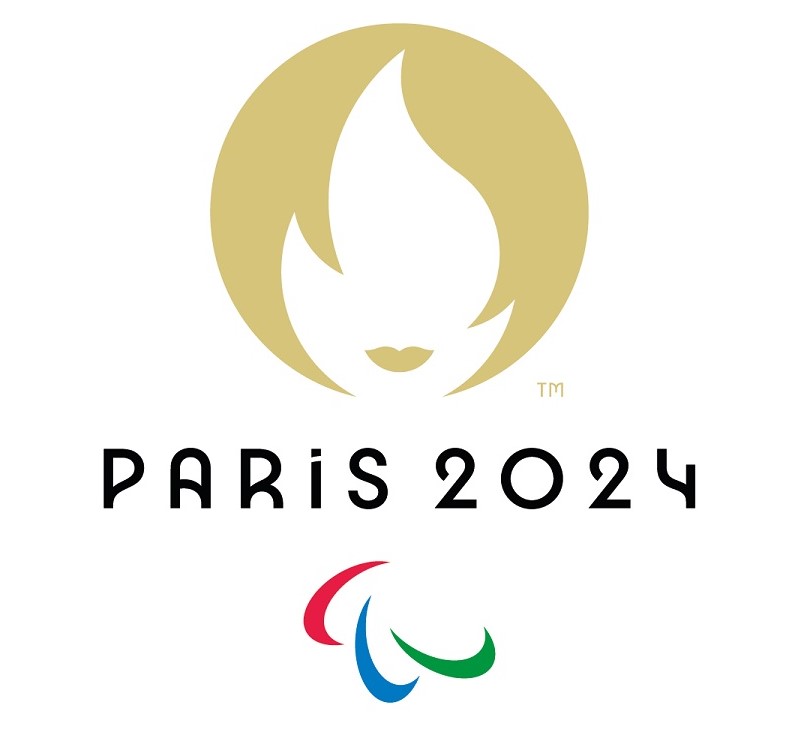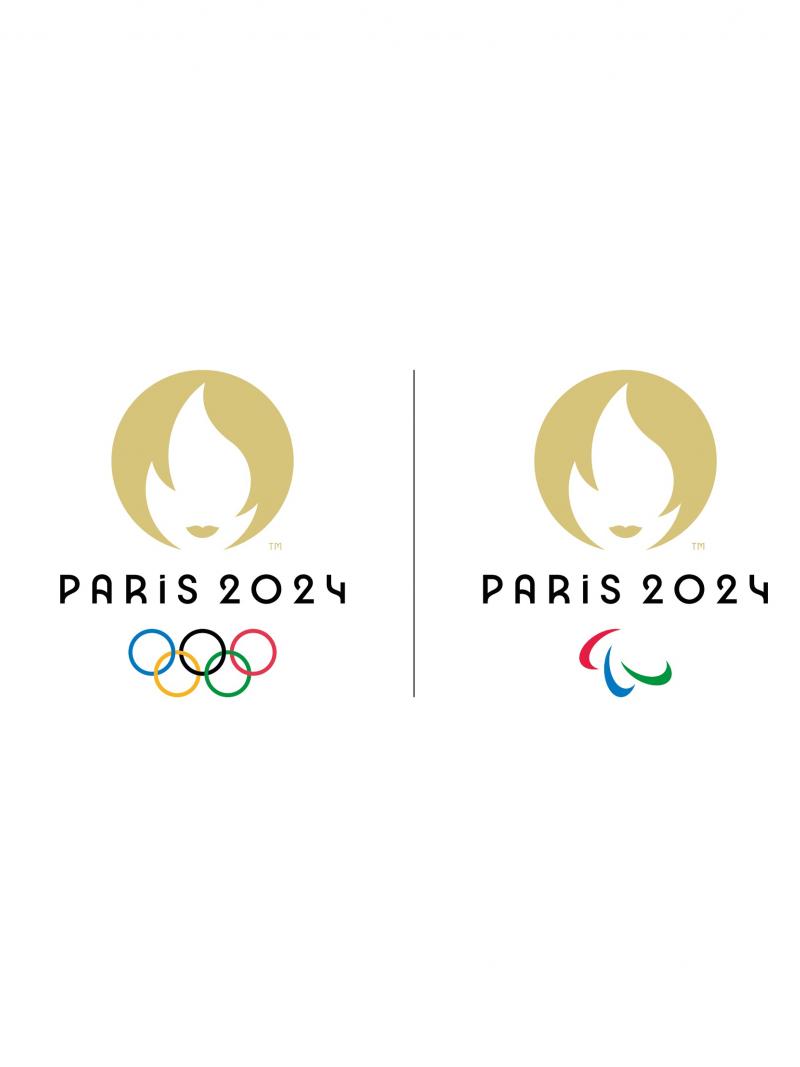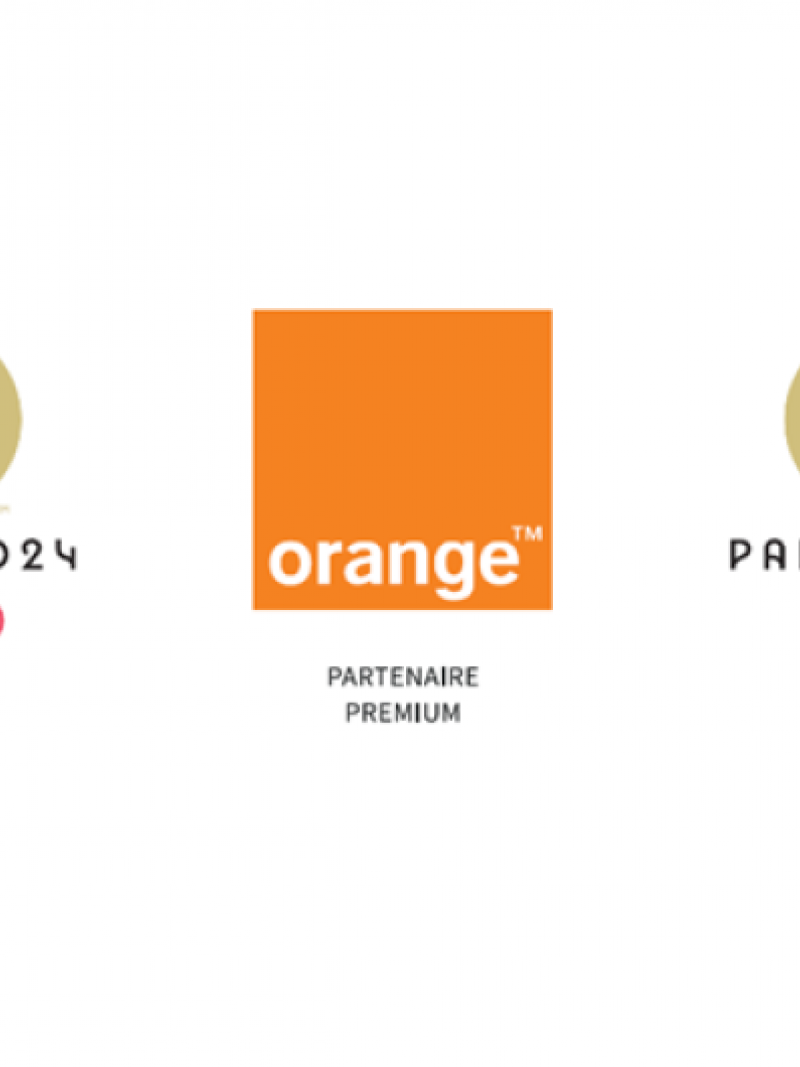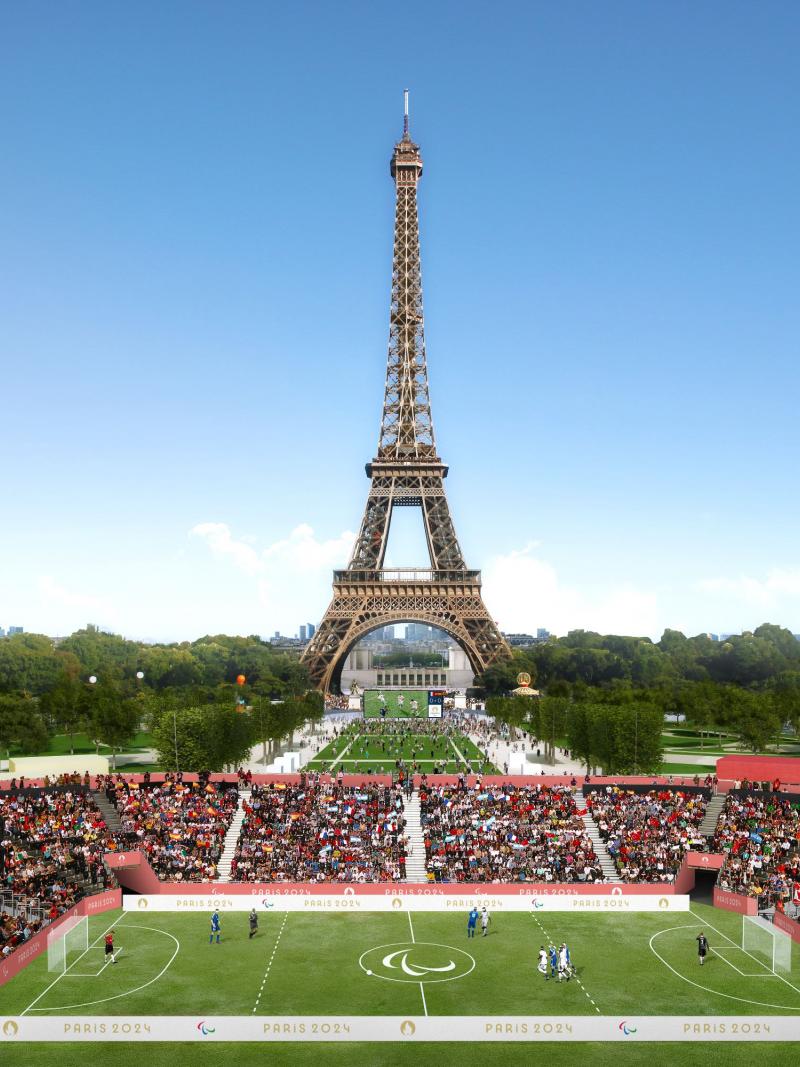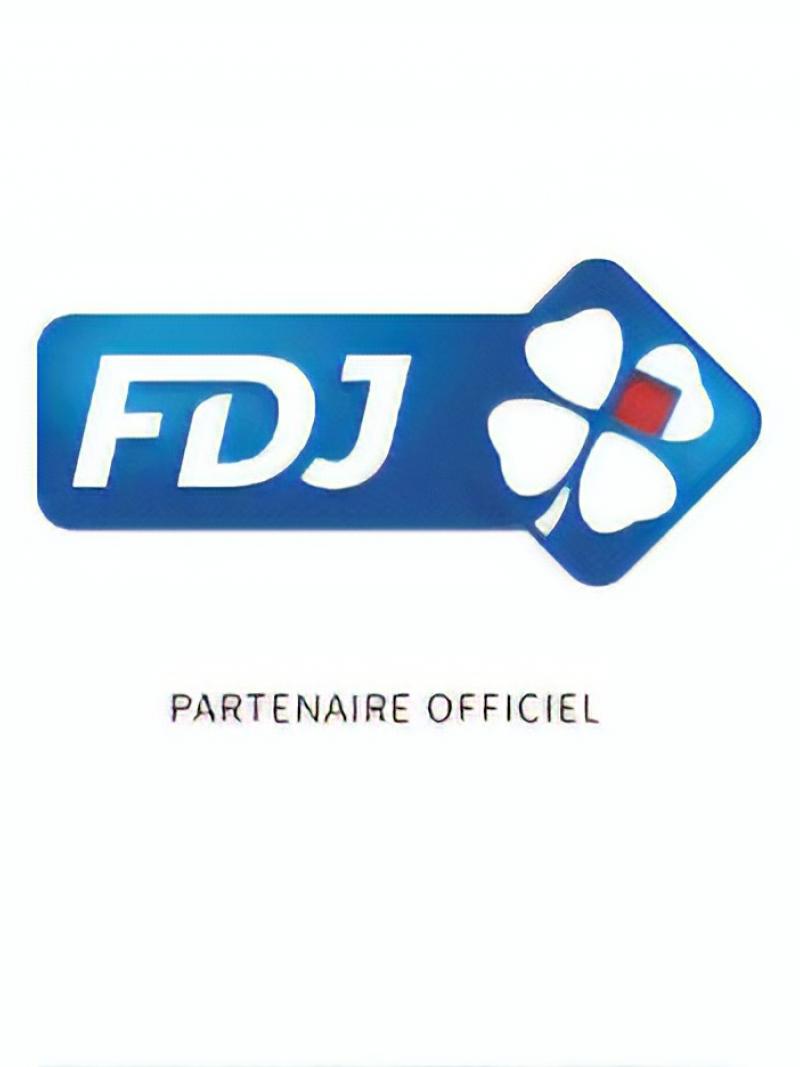Paris 2024 launches initiative to add Paralympic sport emojis
Organising Committee calls for more inclusive sports emojis 04 Dec 2020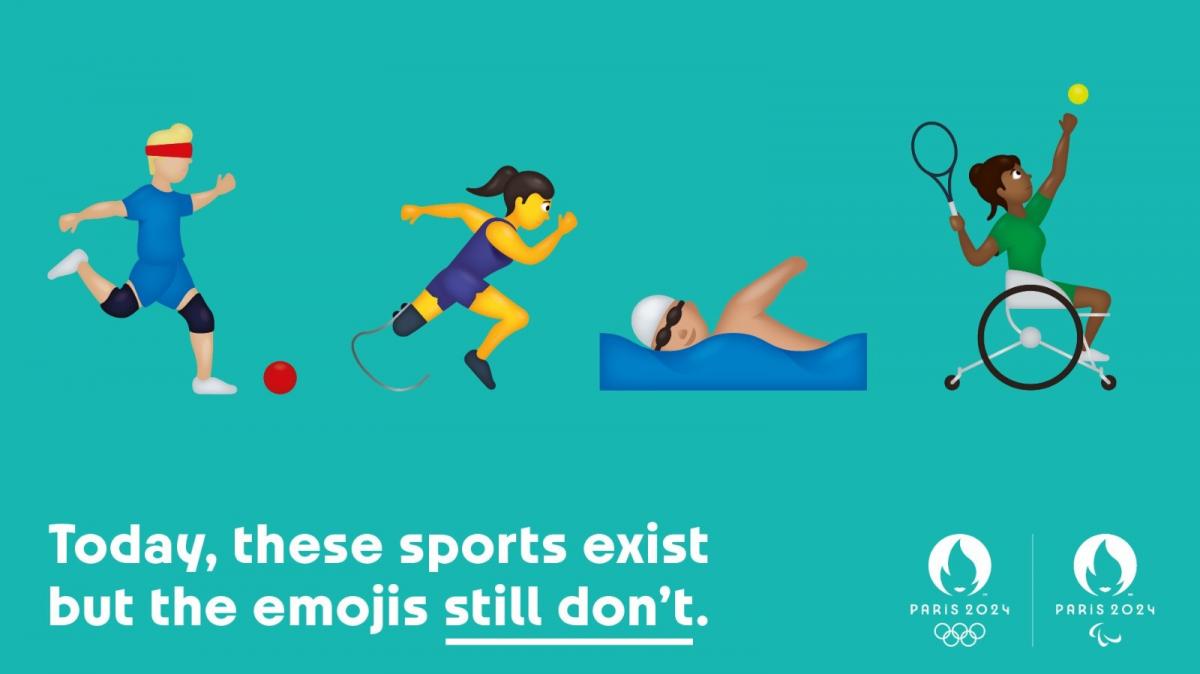
Paris 2024 is taking action for a wider, more inclusive representation of sport by launching an initiative to add Paralympic sports to the emoji dictionary, which has become a universal language.
By making this announcement on the International Day of Persons with Disabilities (3 December), Paris 2024 hopes to foster a more inclusive representation of sport and raise the profile of the Paralympic Games around the world. The proposal is backed by the International Paralympic Committee (IPC), the French Paralympic and Sports Committee (CPSF) and many Paralympic and Olympic athletes from France and around the world.
REVOLUTIONISING REPRESENTATION OF SPORTS
For many years now, emojis have become ever-more conscious of diversity. From a full spectrum of skin and hair colour to people with disabilities, these small emoticons – now an integral part of how we communicate day-to-day – increasingly reflect modern society.
However, there is one fight still to face – the representation of diversity in sport. Paris 2024 strongly believes that sport is an exceptional driver of inclusion, self-acceptance and recognition of difference. Sport is not only for people of any particular physique; some of the world’s greatest champions live with disabilities.
It is time we start to include them in the way we as a society represent sport.
WIDESPREAD MOBILISATION
That is why Paris 2024 has decided to build on the series of initiatives it has already undertaken and launch a campaign backed by the IPC and the CPSF to add Paralympic sports to the emoji dictionary.
These efforts further substantiate Paris 2024’s desire to treat the Paralympic Games with the same driving ambition as the Olympic Games, as it did when it became the first Organising Committee to choose a single emblem for both competitions.
A great many champions were keen to support the initiative, including French Paralympic athletes Marie Amélie Le Fur (athletics), Michaël Jérémiasz (wheelchair tennis), Théo Curin (swimming) and Yvan Wouandji (football 5-a-side); and Paralympians from around the world such as Marlou Van Rhijn (athletics, Netherlands), Angélica Bernal (wheelchair tennis, Colombia), Husnah Kukundakwe (swimming, Uganda) and Silvio Velo (football 5-a-side, Argentina). French Olympic athletes Alain Bernard (swimming) Gwladys Épangue (taekwondo) and Gévrise Émane (judo) also all wished to sign up as ambassadors to the campaign.
Everyone can make a difference by supporting the initiative, using the hashtag #ParaEmojis2024 on social media.
Emojis depicting Paralympic sports will help give them greater visibility, the recognition they deserve, they will spark curiosity and encourage people, millennials in particular, to learn more about these disciplines.
Marie-Amélie Le Fur, President of the French Paralympic and Sports Committee said: “I am delighted Paris 2024 is launching this fantastic initiative. Emojis reflect society and have become a universal language, used by millions of people. Just like sport pictograms, Para sport emojis will soon enjoy their own digital identity, which in itself is a stamp of recognition and inclusion that has a much bigger impact than you might think!”
Husnah Kukundakwe added: “The introduction of Paralympic sport emojis really drive inclusion of Para sports into the public domain. They will ease communication and expression by Para athletes about a particular Para sport without having to explain them in too much detail.”
Angélica Bernal said: “I would love to have Paralympic emojis! People use emojis to communicate nowadays and I think this initiative Paris 2024 is leading is very important for raising awareness of Paralympic sports, especially wheelchair tennis. It would be a big leap forward and super cool!”




